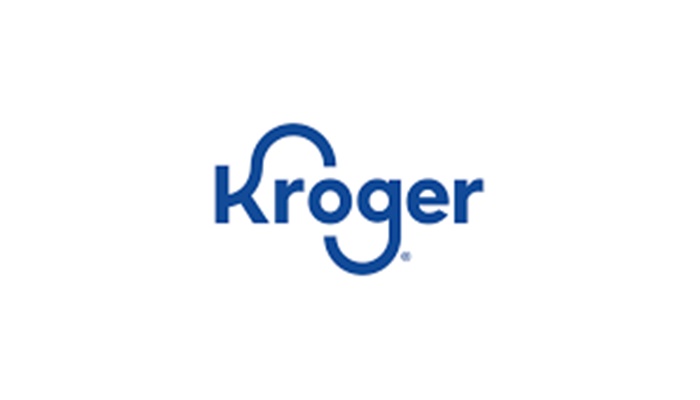India’s automotive industry has continued its streak of double-digit salary hikes in the financial year 2024–25 (FY25), offering employees pay increases as high as 10.5%. This follows a consistent trend of strong appraisals over the past few years.
According to a report by The Economic Times citing Deloitte’s Performance and Rewards Trends Study, while auto manufacturers offered over 10% hikes in FY25, other sectors averaged just an 8% wage increase.
The consulting firm projects that in the ongoing FY26, the automotive sector is expected to witness an average salary hike of 10.1%, compared to India Inc’s overall projected average of 8.8%.
This aligns with earlier reports on salary trends in India. In February, Aon plc, a leading global professional services firm, noted that engineering design services and auto/vehicle manufacturing companies are budgeting for the highest salary increases.
Aon reported that the Automotive and Vehicle Manufacturing industry saw the highest wage growth at 10.7% in 2024, with projected growth moderating slightly to 10.2% in 2025. The Engineering Design Services sector recorded a 10.1% increase in 2024, also expected to rise to 10.2% in 2025. Overall, India Inc’s salary hikes averaged 9.3% in 2024 and are projected to dip slightly to 9.2% in 2025.
The ET report highlighted that double-digit salary hikes in the auto sector are driven by high demand for skilled talent in EVs, R&D, digitalisation, AI, and ML. Despite a gradual decline in average hikes for the third consecutive year, top performers may receive increases of 20–25%, especially in niche roles, according to HR heads at Sonalika, Hyundai Motor India Ltd (HMIL), and Volkswagen India. Companies like VW and HMIL are increasingly adopting performance- and role-based compensation structures to retain key talent amid technological disruptions and rising cost pressures.
What About the Rest of India Inc?
According to Aon, salary increments across India are expected to stabilise in 2025.
Roopank Chaudhary, Partner at Aon India, said: “Our data shows that moderation in salaries is an expected outcome given the margin pressures on companies. The sector-wise increment trends for 2025 reflect prudence and adaptability as companies balance market challenges and the need to attract and retain talent.”
The study also revealed that overall attrition rates fell to 17.7% in 2024, down from 18.7% in 2023 and a peak of 21.4% in 2022, indicating a larger available talent pool post the ‘Great Resignation’.




















